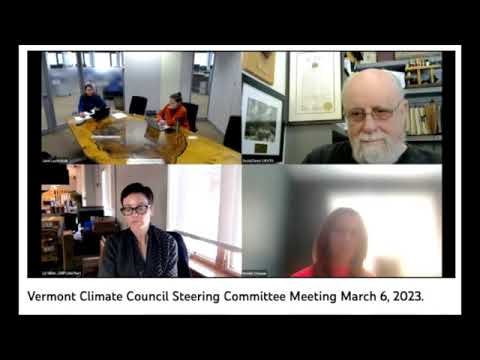The Vermont legislature set up the twenty-three-member Climate Council under the Global Warming Solutions Act (GWSA). The Council’s role was and is to come up with a plan for reducing Vermont’s greenhouse gas emissions to 26% below 2005 levels by 2025, 40% below 1990 levels by 2030 and 80% below by 2050. One controversial element in this discussion is w…
Keep reading with a 7-day free trial
Subscribe to Behind the Lines: Rob Roper on Vermont Politics to keep reading this post and get 7 days of free access to the full post archives.



